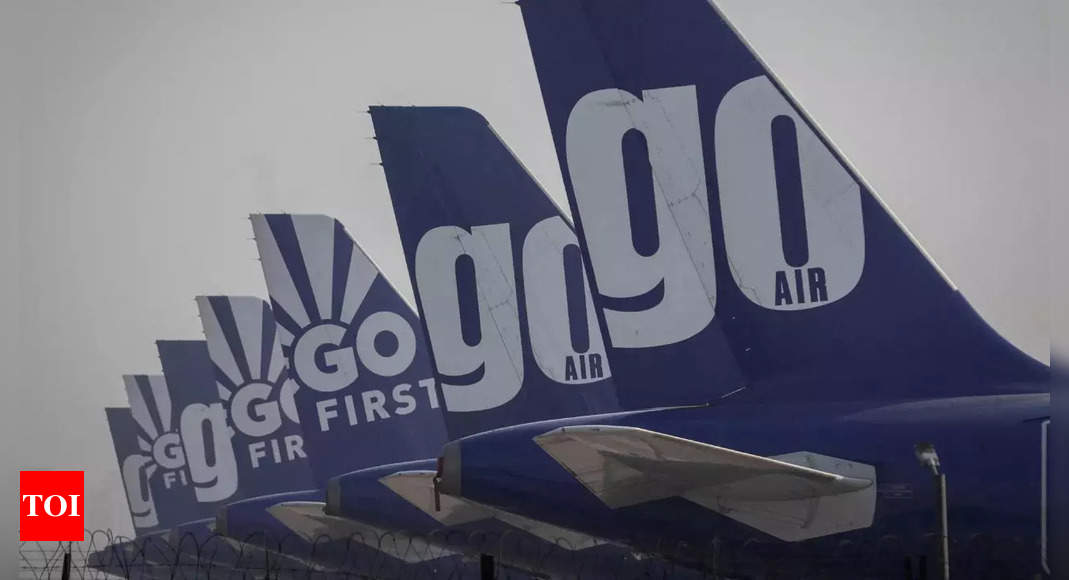(
provided for a limited time by the Insolvency and Bankruptcy Code (IBC), like GoAir. A gazette notification issued to this effect by the Union corporate affairs ministry on Tuesday (Oct 3) comes as a huge relief to Indian airlines as the GoAir fiasco had made lenders wary of giving aircraft and engines to them, especially the financially weak ones. International leasing companies had raised red flags on this issue which meant that apart from strong players including Tata group airlines and IndiGo, other airlines here would have found lease costs rising due to lessors perceiving increased risk of having their assets stuck here for months if the airline files for bankruptcy under IBC.
The government on Tuesday issued a gazette notification saying: “…the provisions of sub-section (1) of section 14 of the Insolvency and Bankruptcy Code, 2016 (31 of 2016), shall not apply to transactions, arrangements or agreements, under the Convention and the Protocol, relating to aircraft, aircraft engines, airframes and helicopters.”
Following GoAir declaring bankruptcy this May and then holding on to assets under IBC provisions, global aircraft lessors had sounded an alarm after being prevented to repossess 45 of their aircraft from the Wadia group carrier. Lessors had filed pleas to repossess their planes in early May and DGCA was to decide on their request within five working days. But within those five days, the NCLT admitted Go’s plea for voluntary insolvency kicking in the asset protection.
Following this the Aviation Working Group (AWG) issued a “watchlist notice” under the Cape Town Convention (CTC) compliance index. While this convention (India is a signatory to it) is meant to enable lessors to get their aircraft back from defaulting or defunct airlines, Go First’s plea for voluntary insolvency gave it protection from the airline losing its airport slots and aircraft.
AWG is non-profit entity co-chaired by Airbus and Boeing and comprises of the world’s biggest aviation manufacturers, leasing companies, and financial institutions.
The lessors have since being fighting legal battles to not just their aircraft back from GoAir, but also to examine them.
“Actions in the GoFirst insolvency proceedings affect India’s score, positively or negatively, on the CTC compliance index, depending on whether such actions are compliant with India’s CTC-treaty commitments,” a communication from AWG to GoFirst soon after it went busy on May 2 has said.
“While (India) remains on the CTC compliance watchlist, its scorecard should be viewed with caution as it does not yet reflect the potential impact of ongoing material developments that has resulted in the watchlist placement,” an AWG notice had said.
UN’s aviation arm, International Civil Aviation Organisation (ICAO), says the “primary aim of the Cape Town Convention is to resolve the problem of obtaining certain and opposable rights to high-value aviation assets, namely airframes, aircraft engines and helicopters which, by their nature, have no fixed location.
This problem arises primarily from the fact that legal systems have different approaches to securities, title retention agreements and lease agreements, which creates uncertainty for lending institutions regarding the efficacy of their rights. This hampers the provision of financing for such aviation assets and increases the borrowing cost.” India had ratified the convention in March 2008 but the same is yet to be fully implemented here.

